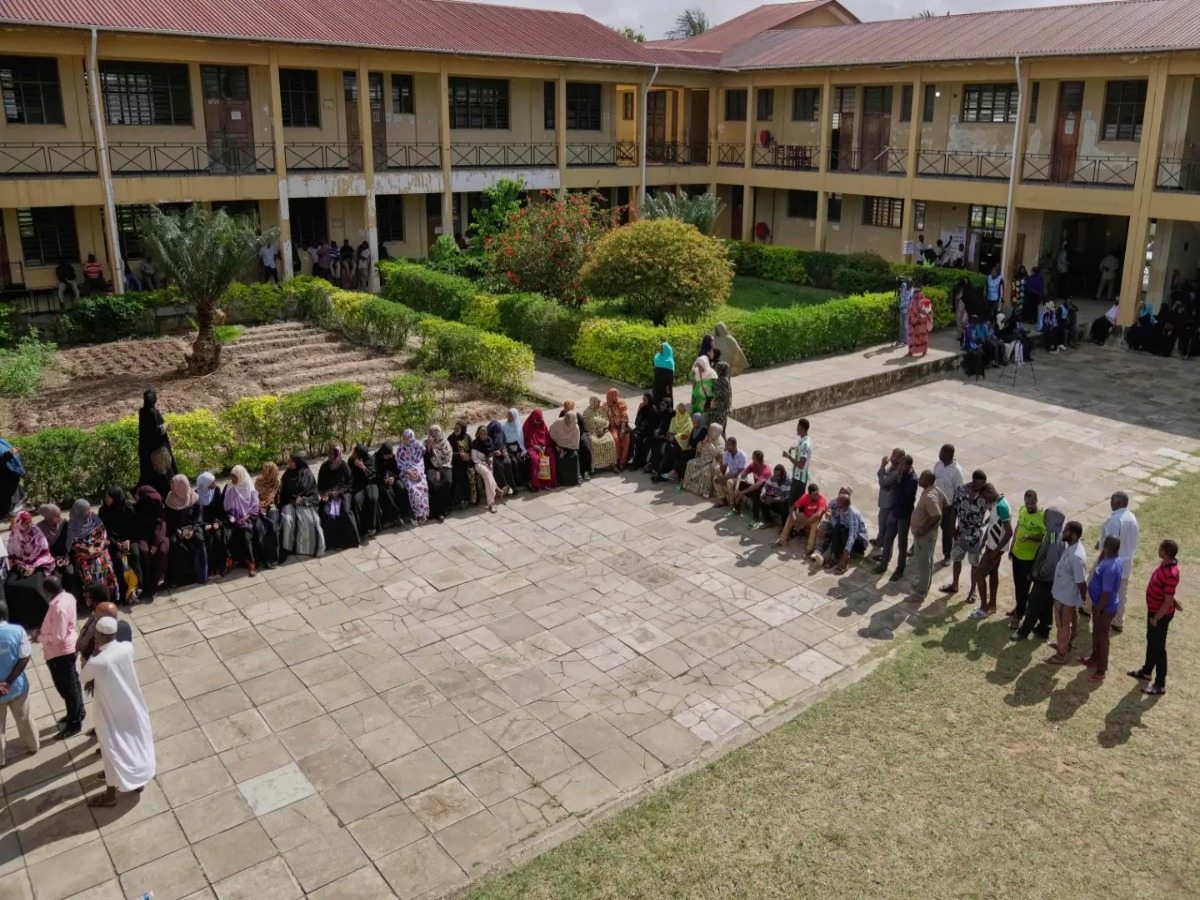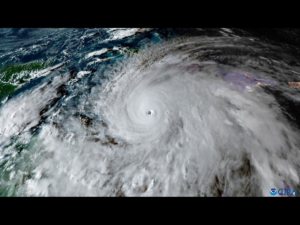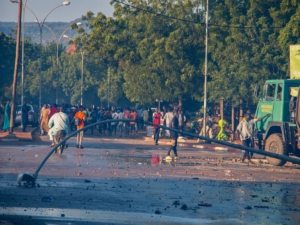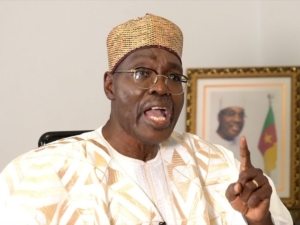Internet access across Tanzania plunged into disruption on Wednesday as citizens headed to the polls in an election overshadowed by arrests, fear, and increasing criticism from human rights groups.
NetBlocks, a digital rights watchdog, confirmed the nationwide blackout, saying on X that “live network data show a nationwide disruption to internet connectivity.” Users had already reported slow connections hours before the outage was verified.
President Samia Suluhu Hassan, seeking her first full term under the long-ruling Chama Cha Mapinduzi (CCM) party, cast her vote in Dodoma and urged citizens to participate peacefully. CCM, or the “Party of the Revolution,” has governed Tanzania since independence in 1961.
READ ALSO: Rights abuses and political crackdown cast shadow over Tanzania’s election
Polling reportedly opened at 7 a.m. local time and was scheduled to close at 4 p.m. (1300 GMT), with early results expected within 24 hours. The electoral commission has up to seven days to declare final results. However, low voter turnout was observed at several polling centers, particularly among youth.
“I didn’t vote because the election was a one-horse race,” James Matonya, a university student in Dar es Salaam, told the AP.
The main opposition figure, Tundu Lissu of the CHADEMA party, remains in prison facing treason charges for calling for electoral reforms. Meanwhile, the presidential candidate of ACT-Wazalendo, Tanzania’s second-largest opposition party, was barred from running.
In a statement, Amnesty International described the pre-election atmosphere as one “characterized by fear,” citing “enforced disappearances, arbitrary arrests, and extrajudicial killings.” The group warned that such abuses “undermine the legitimacy of the election.”
Hassan’s candidacy marks a crucial moment for Tanzania, as she seeks to consolidate her authority after completing the term of John Pombe Magufuli, who died in 2021. Sixteen minor opposition candidates also appeared on the ballot.
READ ALSO: Police arrest top opposition politician days before Tanzania’s election
Despite an increase to over 37 million registered voters, up 26% from 2020, analysts predicted low participation due to widespread belief that Hassan’s victory is already assured.
In Dar es Salaam, police used force to disperse small groups of protesters who defied a ban on demonstrations. In Kimara Kibo, officers broke up crowds calling for fair elections, while in Ubungo, protesters torched a rapid transport bus and a nearby gas station.
Hassan reaffirmed that “no protests would be allowed” during the voting period.
Meanwhile, ACT-Wazalendo raised concerns over early voting in Zanzibar, claiming that impersonators posing as security officers had cast ballots and that its agents were denied access to polling stations.
The electoral commission dismissed the accusations, insisting that “the process followed the law.”










